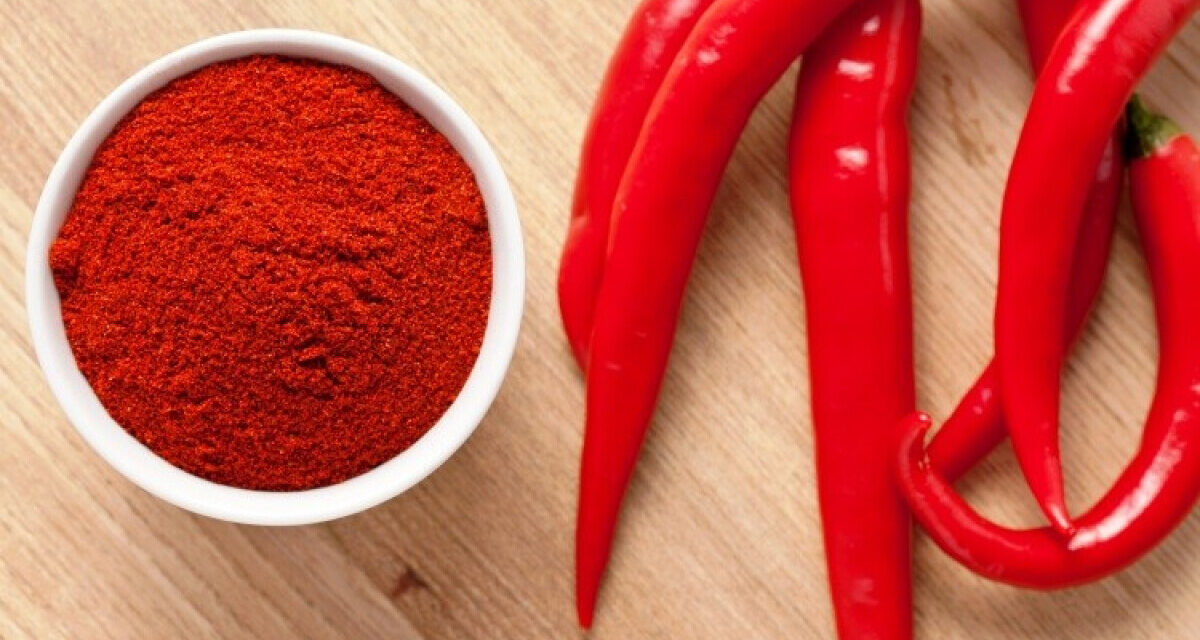The big paprika research was completed, in the framework of which the relationship between Hungarians and spicy flavors was measured.
The survey was partly motivated by the 130th anniversary of the birth of Nobel Prize-winning Hungarian doctor Albert Szent-Györgyi, the discoverer of vitamin C extracted from paprika, on September 16, and partly by the first Erős Pista festival in Kecskemét-Hetényegháza, which took place on October 13-14 I arrange.
Almost exactly three quarters of the population eat spicy food at least once a week. It is particularly striking how much the younger age group is attracted to such foods and food seasonings, this age group can be considered absolutely open and experimental in this field - according to a large-scale survey of almost four thousand people by Univer Product Zrt., conducted at the end of August and beginning of September from your online research.
Popularity of the hot taste among the general public has increased significantly in the last few years. Far more than a third of the respondents (36.4 percent) stated that they consume spicy food much more often than before.
The pandemic may also have had an impact on the observed increase, since among the participants in the research, the opinion (58.4 percent) that spicy foods disinfect is outstanding.
Almost exactly three quarters of the respondents (76 percent) eat spicy food at least once a week, but more than a third (37.1 percent) indulge in this passion every day, and even whenever they can. Regarding the regularity of consumption, it is perhaps no surprise that the proportion of men choosing strong foods daily is higher (54 percent).
On the other hand, it may come as a bit of a surprise that this indicator is not negligible among women either, since almost a third of them (29 percent) also eat spicy food every day. On the other hand, it is striking how exceptionally large is the group among the younger generation, which lends a piquant taste to its food, if possible.
In the case of those under 25, this can be said about every second person, which is about 15 percent higher than the average for the entire population. This also includes the fact that the younger age group, i.e. those under the age of 25, have an outstanding willingness to experiment in this field. Almost exactly two-thirds (67.1 percent) of those in this age group stated that they always try new spicy foods whenever possible.
As the reason why so many people choose the spicy one, an answer that does not require much explanation came to the fore: simply "I like these flavors", declared more than two-thirds of the respondents (70 percent). Health also appeared in this answer circle. The second most popular reason behind these exciting foods (24.3 percent) was that spicy products help maintain health (20.3 percent).
In light of this, it cannot be said to be a surprise that every second respondent of the research said that they buy strong peppers or spicy seasonings several times a month, because they run out very quickly in their household.
The enthusiasm for strong foods is perhaps well indicated by the fact that about half of the respondents have also bought such a product as a gift. In fact, we also do this to our foreign acquaintances, relatives, and partners, and a similar response rate was obtained in such relationships.
The research also reveals that young people are much more open to discovery, as the rate of preference for domestic flavors was the lowest among those under 25 at 64.3 percent, while the preference for strong foreign specialties was the highest at 35.7 percent.
The survey also examined what emotions and qualities Hungarians associate with spicy taste. In this area, power and heat came out on top, far ahead of dynamism, which came in third place. However, it is noteworthy that happiness was not far behind the podium. The latter may also provide some explanation as to why such products are so popular among Hungarians.












